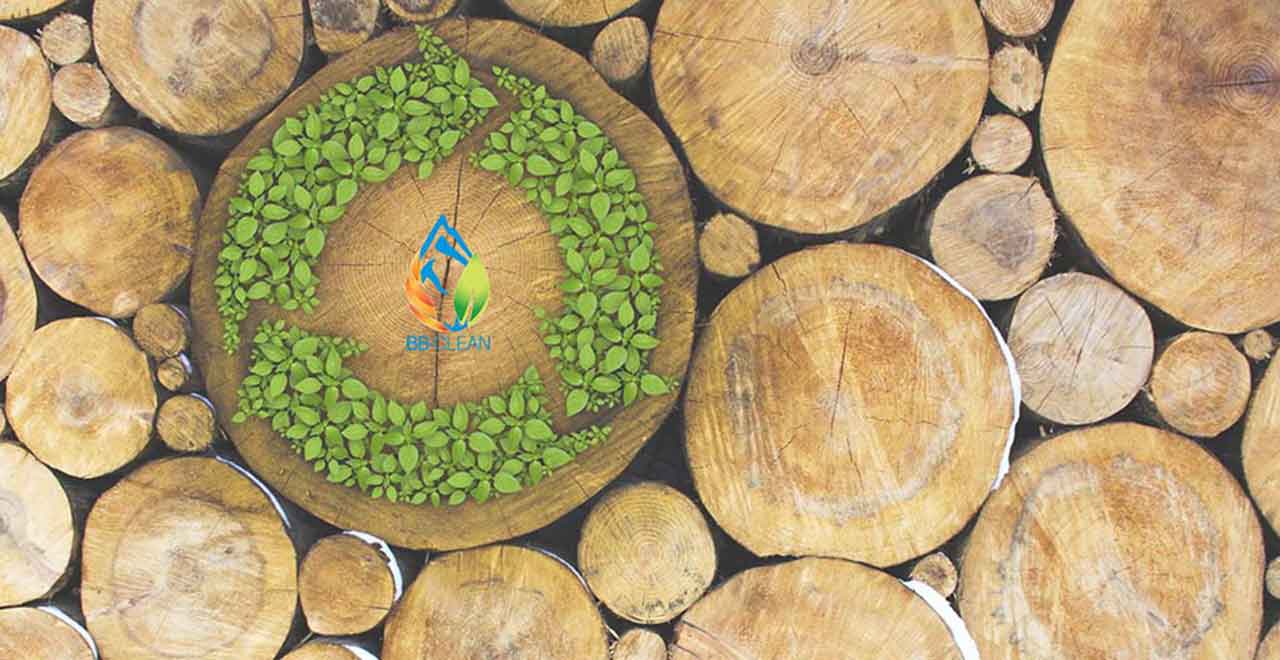Domestic heating wood burning is a widespread cultural tradition in the Alps, and not only that, but what impact does it have? What are the effective tools to increase citizens’ awareness on such traditional issues? What are the technological innovations currently on the market to promote the sustainable use of wood and pellets? What are the useful mechanisms for a real energy transition in the Alpine region and what are the regulatory levers to implement a policy to support the production of energy from clean wood and pellets at local level?
These and other questions marked the launch of BBCLEAN, the project co-funded by the Interreg Alpine Space Programme and a network of eight European Partners from the Alpine states Austria, France, Germany, Italy and Slovenia, led by Università Cattolica del Sacro Cuore and in particular by the Department of Mathematics and Physics of our campus of Brescia in order to acquire expertise in the field of biomass burning, develop an innovative and shared policy in the Alpine space, promote the sustainable local wood market and a better knowledge of the health effects of this ancient domestic fuel. While the partners have been involved for over 30 months in the activities of the project that will end in April 2021, the results achieved to date will be illustrated on Thursday, the 15th of October at the international conference “The wood and pellet the challenge toward environmental sustainability” promoted by the Italian Partners (ARPA Valle d’Aosta and Università Cattolica del Sacro Cuore) at the Arpa Valle d’Aosta headquarters.



